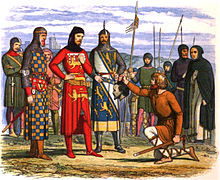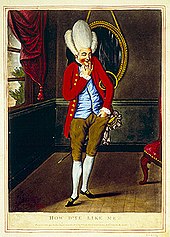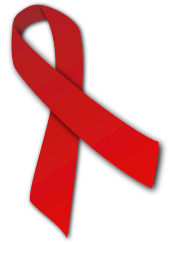Part of a series on the |
|---|
| History of the United Kingdom |
 |
This is a timeline of notable events in the history of the lesbian, gay, bisexual and transgender (LGBT) community in the United Kingdom. There is evidence that LGBT activity in the United Kingdom existed as far back as the days of Celtic Britain.
Contents
- 1st century
- 2nd century
- 3rd century
- 4th century
- 5th century
- 6th century
- 8th century
- 11th century
- 12th century
- 13th century
- 14th century
- 16th century
- 17th century
- 18th century
- 19th century
- 20th century
- 1920s
- 1930s
- 1940s
- 1950s
- 1960s
- 1970s
- 1980s
- 1990s
- 21st century
- 2000s
- 2010s
- 2020s
- See also
- References
- Further reading
- External links



















